Beetroot is easy enough to grow in the garden, and it’s a solid favourite of ours! Your 5-a-day are important, beetroot is tasty and good for you. You can use it in soups, cakes, roast them or put them in salads. I personally like to stick some beetroot on a lollipop stick and eat it like a lollipop.
They’re great veg to grow with kids because the seeds are quite big and so it’s not too fiddly for little hands. They grow best in slightly sandy earth, but they do well in any type of soil. For example, if your soil is a little too acidic, a little lime through it should balance it out. Beets grow best when there aren’t other plants right next to them so make sure it has a little room around it to grow. You don’t even need to plant beetroot in a plot, they’ll grow well in a tub or container of some sort!
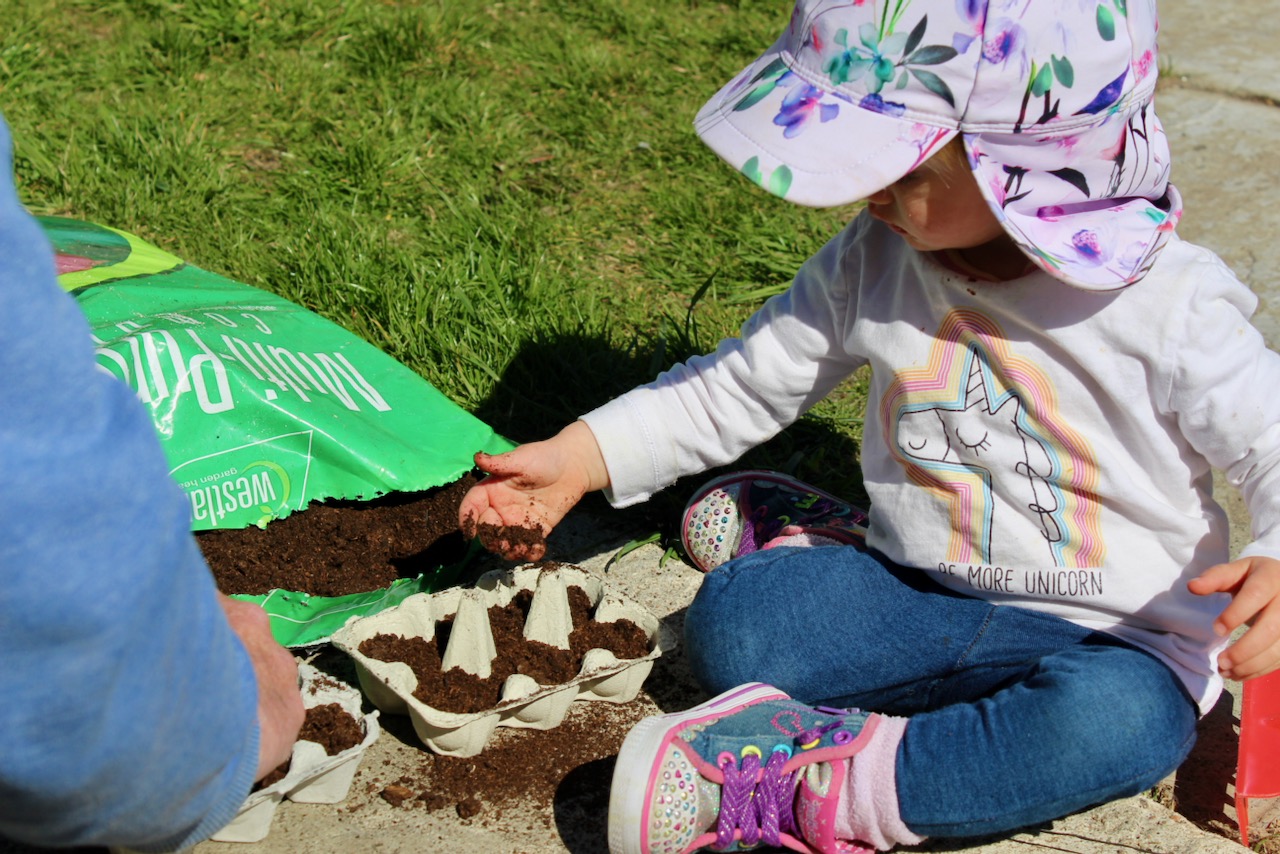
If you want the young people you’re helping in the garden to be encouraged, beetroot is a good choice of vegetable for this. It’s easy enough to plant, and it grows easily a lot of the time. There is usually a little bit of time before you start to see it breaking through, but don’t worry as it will still be growing. They take a bit of time to germinate, even if you can’t see them.
We used egg-boxes to start them off in. We chose these so that we could plant them into the ground if we wanted to, however if you don’t have the space to be able to plant them in the ground a reasonably sized container will do. Firstly we put some earth in each little section of the boxes. Little hands will certainly help with this!
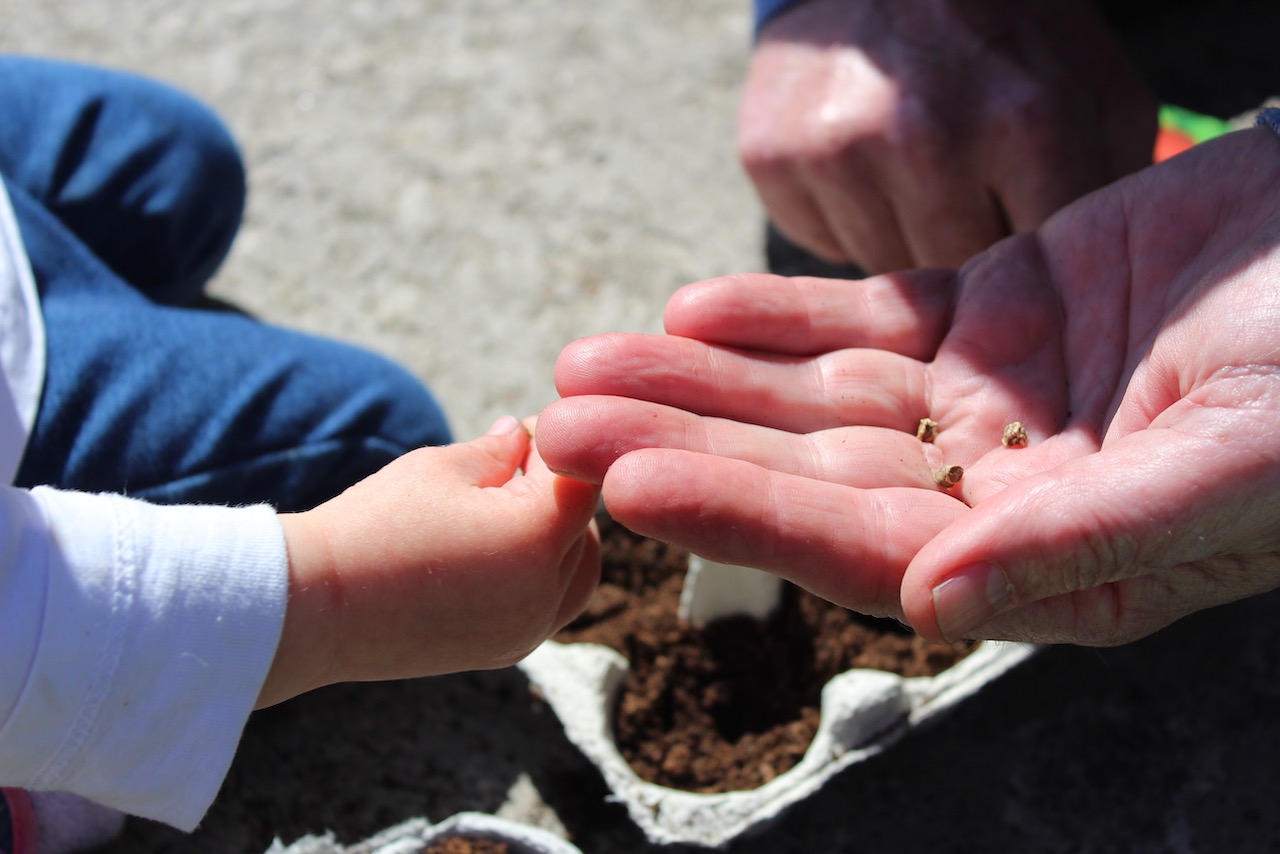
As you can see here, beetroot seeds are big enough that little hands won’t have a problem picking them up here. You need one seed per egg divot. Put the seeds in the middle and press it down into the soil, before covering it with more soil. Your helper will be able to do this without a problem!
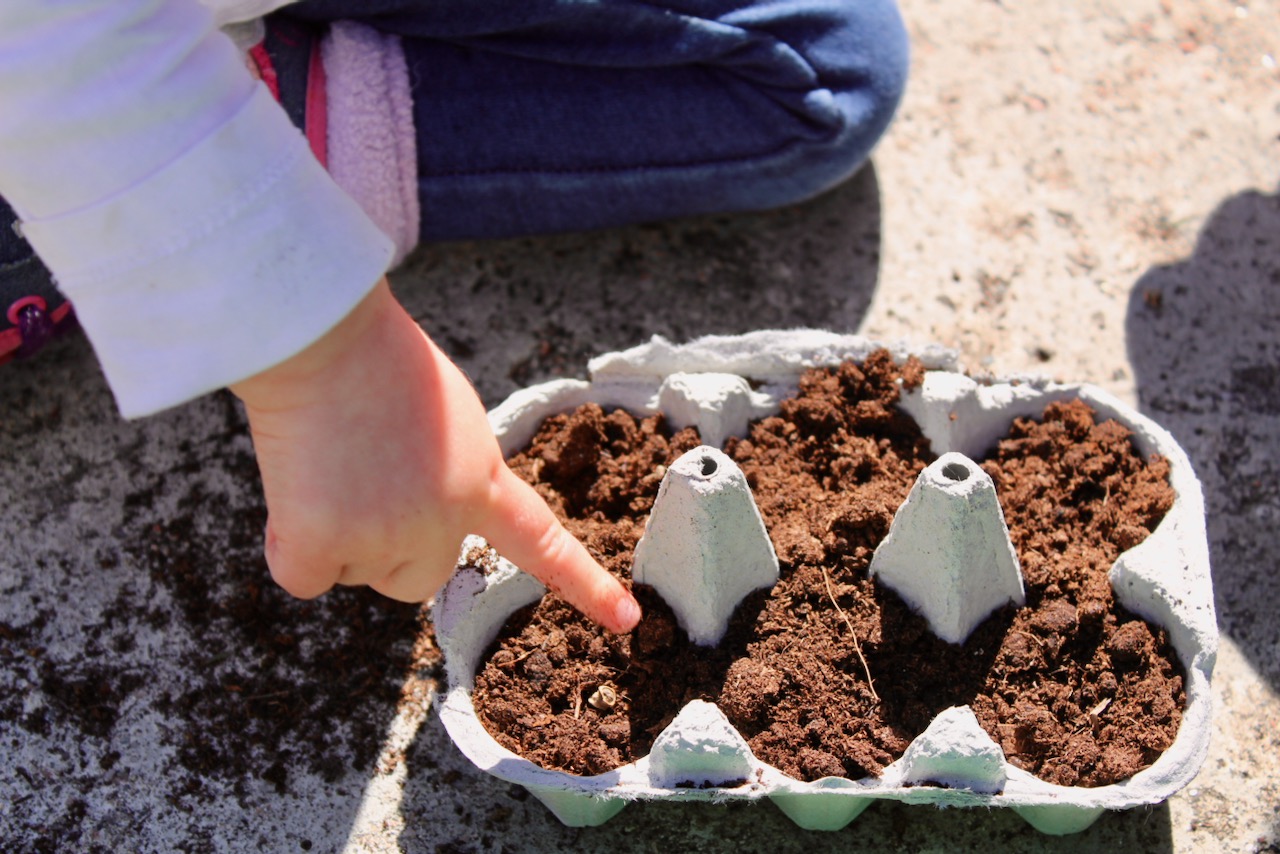
Your beets should germinate within 14 days, and you might start to see, at the earliest, sprouts from the third day . Make sure you water these at least twice a week so they don’t dry out! When your beetroots begin to sprout you will start to see little purple shoots.
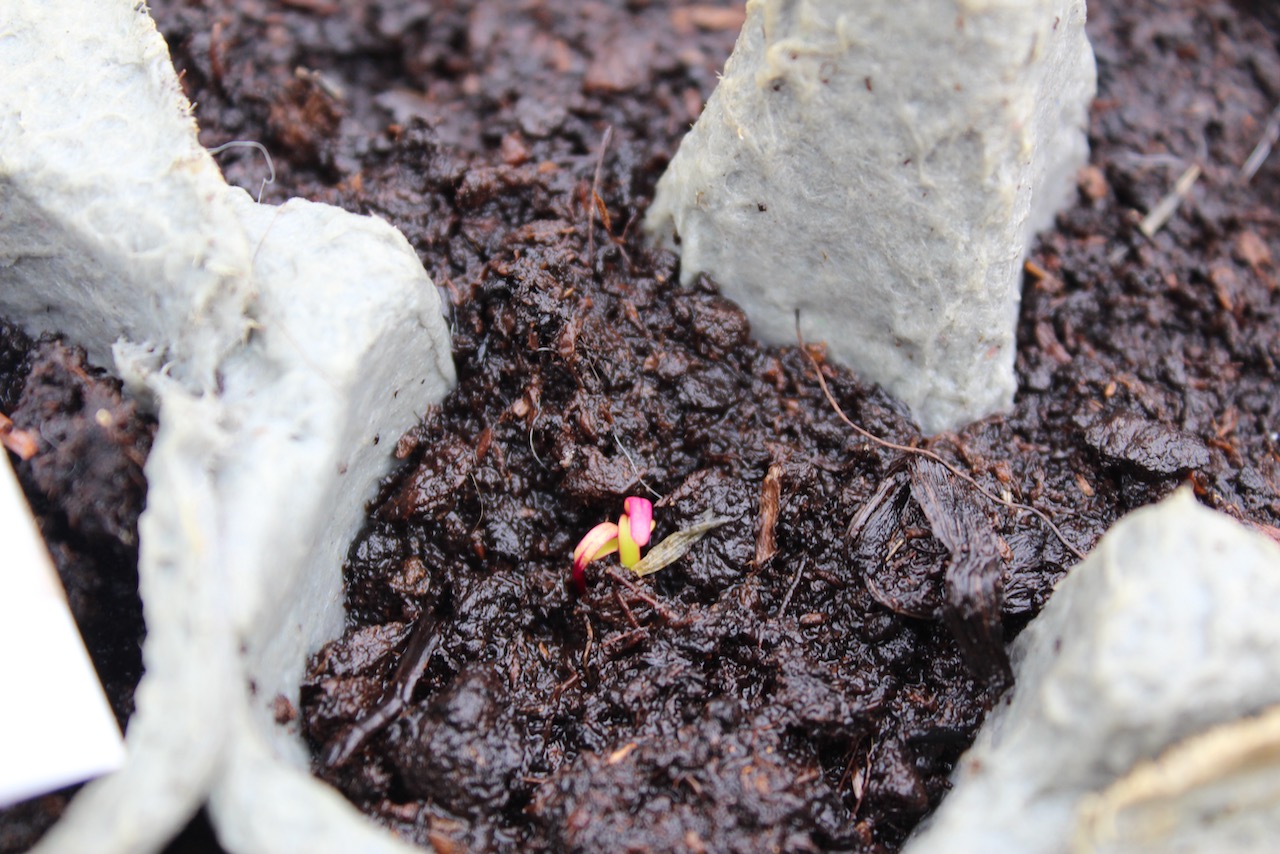
Around then, it’s a good idea to move your beetroots to somewhere with a more room. For example, if you have a little garden space. Cut up your egg boxes and plant them in a little pre-dug plot. If you don’t have the garden space available, a big box will work just as well! The egg boxes will break down as they’re biodegradable anyway.
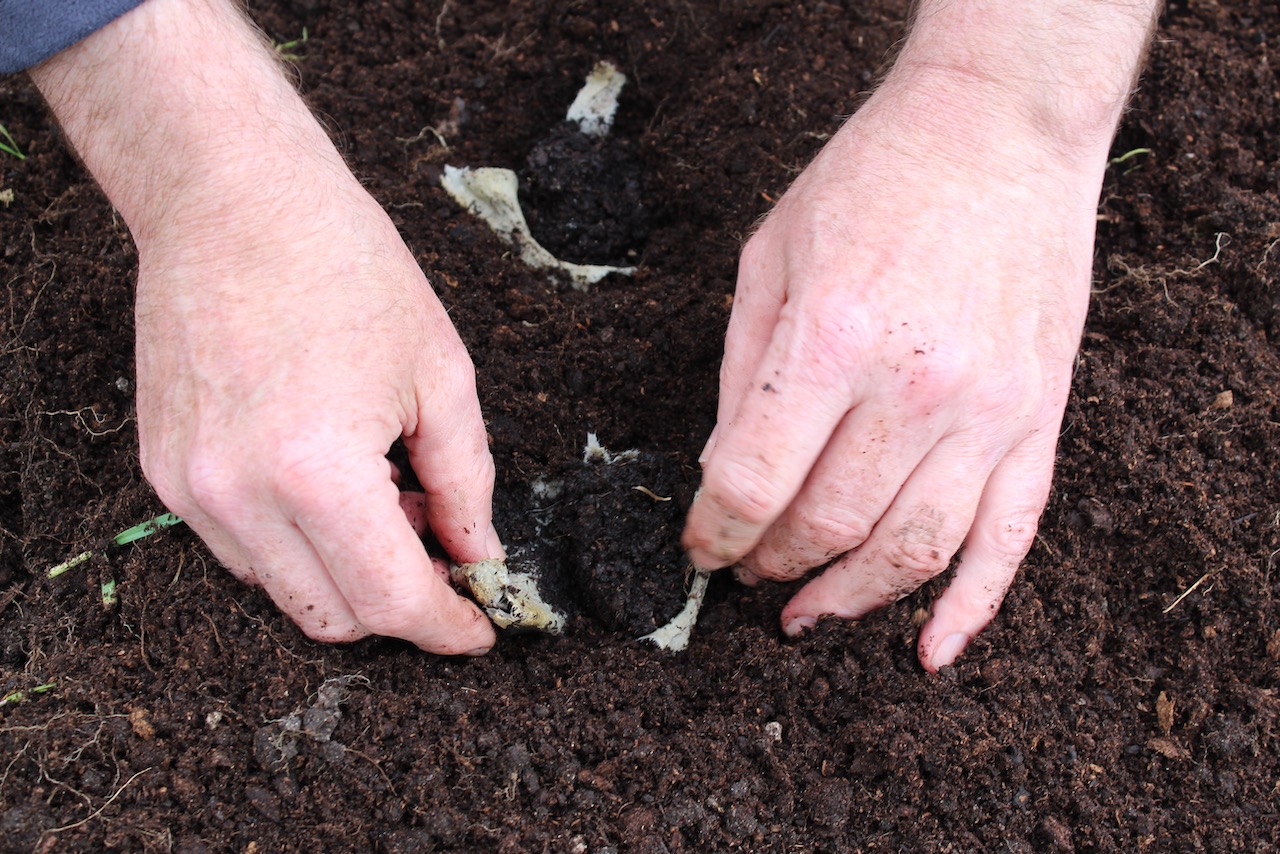
With this done, all you have to do is keep your beetroot watered and to watch them grow over time.
Then when they are ready it is time to cook them and make lollipops.




